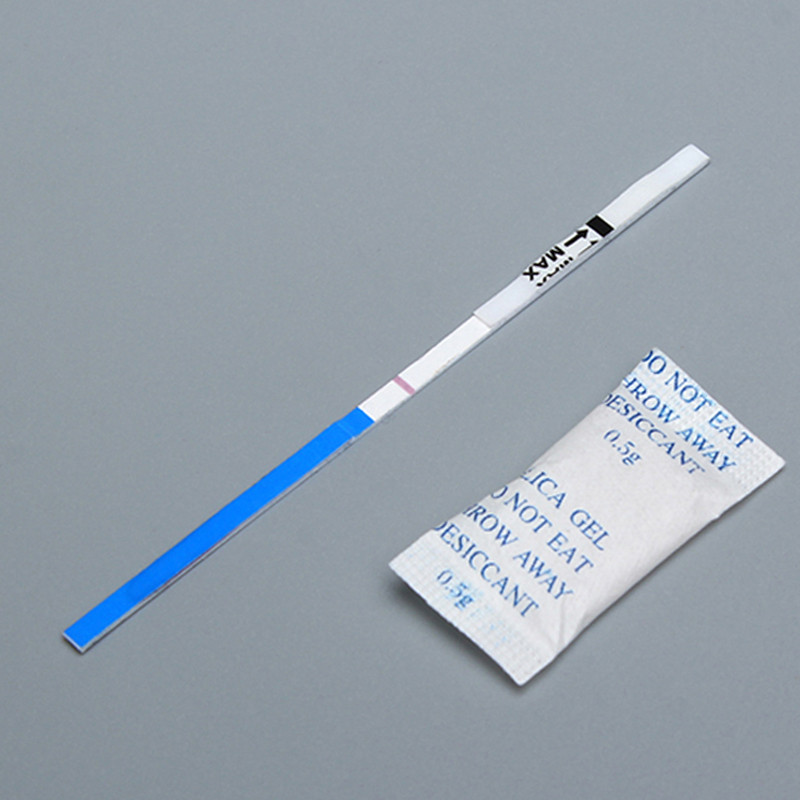دسامبر . 15, 2024 20:13 Back to list
typhoid test suppliers
Understanding Typhoid Test Suppliers A Comprehensive Overview
Typhoid fever remains a significant public health concern, particularly in developing countries where sanitation and clean drinking water are often inadequate. The causative agent, *Salmonella typhi*, can lead to severe illness, and timely diagnosis is crucial for effective treatment. One of the key components in managing this disease is the availability of reliable diagnostic tests, and this brings us to the importance of typhoid test suppliers.
The Importance of Accurate Testing
Accurate testing for typhoid fever is essential for several reasons. Firstly, misdiagnosis can lead to inappropriate treatments, which not only jeopardizes the health of the patient but can also contribute to the development of drug-resistant strains. Secondly, understanding the prevalence and transmission of *S. typhi* is critical for public health monitoring and intervention strategies. Consequently, healthcare providers must rely on reputable suppliers who offer high-quality typhoid testing products.
What to Look for in Typhoid Test Suppliers
When selecting a supplier for typhoid tests, several key factors should be considered
1. Quality Assurance Suppliers should comply with international quality standards such as ISO 13485, which governs the manufacturing of medical devices. This ensures that the tests are consistently produced under strict quality control measures.
2. Variety of Tests Available A reputable supplier should offer a range of testing options, including blood culture tests, rapid diagnostic tests (RDTs), and serological tests. Each type has its own benefits and limitations, and having options allows healthcare providers to choose the best method suited for their context.
3. Research and Development Suppliers that invest in R&D often provide innovative testing solutions. This can include more rapid tests or tests that can detect antibiotic resistance, which is becoming increasingly important in the treatment of typhoid fever.
typhoid test suppliers

4. Regulatory Compliance Suppliers should have appropriate certifications from regulatory bodies, such as the US Food and Drug Administration (FDA) or the European Medicines Agency (EMA). These certifications indicate that the tests have been evaluated for safety and efficacy.
5. Customer Support Good customer service is essential for healthcare facilities that depend on timely and accurate testing. Suppliers should offer training for healthcare workers on how to administer tests and interpret results accurately, as well as provide ongoing technical support.
The Role of Technology in Typhoid Testing
Recent advancements in technology have significantly improved the accuracy and efficiency of typhoid testing. Suppliers are now offering molecular testing methods, such as PCR (polymerase chain reaction), which can provide faster results and greater sensitivity compared to traditional culture methods. These innovations can be particularly beneficial in outbreak situations, where quick diagnosis can help to contain the spread of the disease.
Addressing Global Needs
The global demand for typhoid testing products has been further underscored by initiatives to eliminate typhoid fever. The World Health Organization emphasizes the importance of improving laboratory capacity and access to diagnostic tests in endemic regions. Suppliers who align their goals with these global health initiatives can play a vital role in combating typhoid fever worldwide.
Conclusion
In conclusion, the role of typhoid test suppliers is critical in the fight against typhoid fever. By providing high-quality, reliable testing solutions, these suppliers enable healthcare providers to diagnose and treat this potentially life-threatening disease effectively. As the world continues to combat infectious diseases, the partnership between healthcare facilities and test suppliers will be paramount in ensuring the health and safety of populations at risk. With increasing demand for quality diagnostics, investing time in selecting the right supplier is essential for successful outcomes in managing typhoid fever.
-
Dengue NS1 Rapid Diagnostic Test Kit
NewsMar.07,2025
-
Dengue NS1 Rapid Diagnostic Test Kit
NewsMar.07,2025
-
Dengue NS1 Rapid Diagnostic Test Kit
NewsMar.07,2025
-
Transferrin Rapid Test Cassette Tumor Marker TF Card
NewsMar.07,2025
-
Malaria Pf Pan Rapid Diagnostic Test Kit
NewsMar.07,2025
-
malaria pf / pan ag rapid test
NewsMar.07,2025

